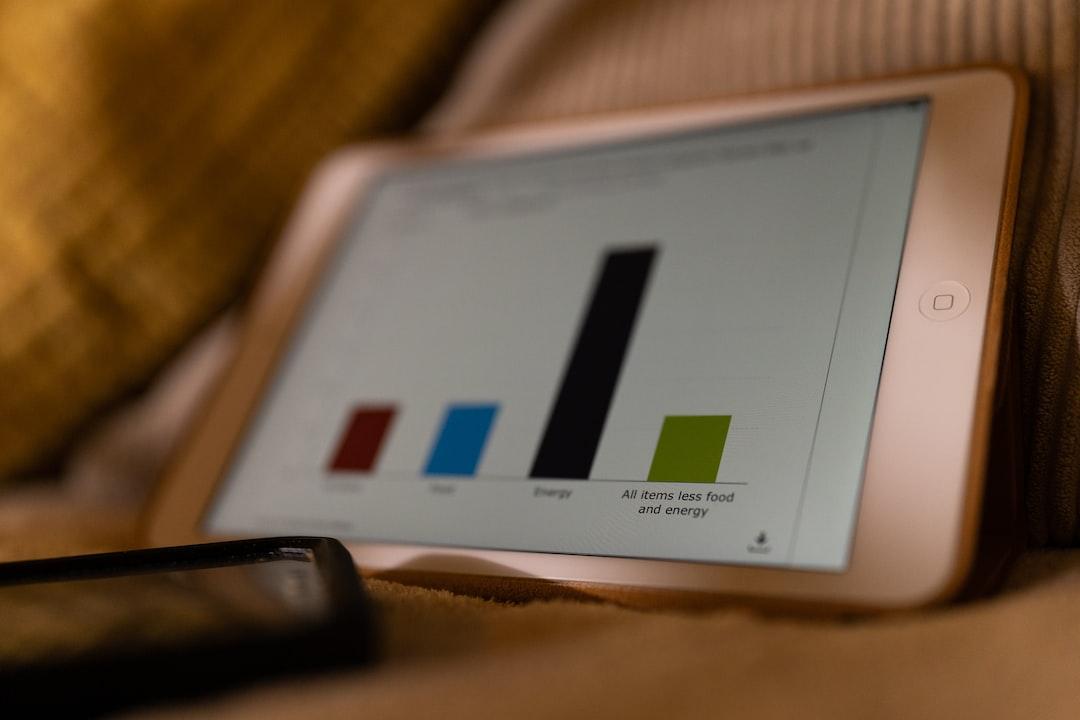PayPal’s PYUSD stablecoin, which recently launched on the Solana blockchain, has introduced a new feature called “confidential transfers.” This feature aims to provide users with enhanced privacy while still maintaining transparency for regulatory purposes. The deployment of PYUSD on Solana was announced by PayPal on May 29, expanding its availability beyond the Ethereum blockchain.
The “confidential transfers” feature allows merchants using PYUSD to offer transactional confidentiality to their customers while remaining compliant with regulations. This means that the amounts of transactions can be hidden from public view, providing a level of privacy for users. Udi Wertheimer, a well-known Bitcoin advocate, noted that PayPal users would have access to a similar feature to “confidential transactions” before it was implemented by Bitcoin developers.
Mert Mumtaz, CEO of Helius Labs, emphasized that PayPal’s expansion to Solana was not solely driven by the blockchain’s speed. Mumtaz highlighted Solana’s native support for confidential transfers and token programmability on Layer 1 as a game-changer. The ability to execute confidential transfers on Solana offers significant advantages for PYUSD users seeking enhanced privacy features.
In addition to confidential transfers, Solana’s token extension standard, which complies with the SPL token standard, provides several benefits for PYUSD. This includes reduced development and testing efforts, enterprise-ready capabilities, and enhanced flexibility. The open standard of token extensions allows PYUSD to be used not only within the PayPal ecosystem but also with any compatible wallet, exchange, or library outside of PayPal.
PYUSD, which was launched in August 2023, is primarily backed by U.S. Treasury Reverse Repurchase Agreements. Its circulating supply has grown by 50% since the beginning of the year, with a current 24-hour trading volume of approximately $18 million. Previously available exclusively on Ethereum, PYUSD now has a total circulation of around $400 million, with a current supply of $5 million on the Solana blockchain.
It is worth noting that the stablecoin market, valued at over $140 billion, remains unregulated. In response to this, Senators Cynthia Lummis and Kirsten Gillibrand have proposed a new bill aimed at regulating stablecoins. The proposed legislation would subject payment stablecoin issuers to reserve and operational requirements, including the creation of subsidiaries dedicated to issuing stablecoins. Senators Lummis and Gillibrand have previously introduced various bills addressing the digital assets market, with one bill last summer aiming to define decentralized finance and establish jurisdiction over crypto for federal agencies.
Recently, Singapore-based payments company Triple-A announced its plans to integrate PayPal’s stablecoin into its list of supported tokens for customer payments.


